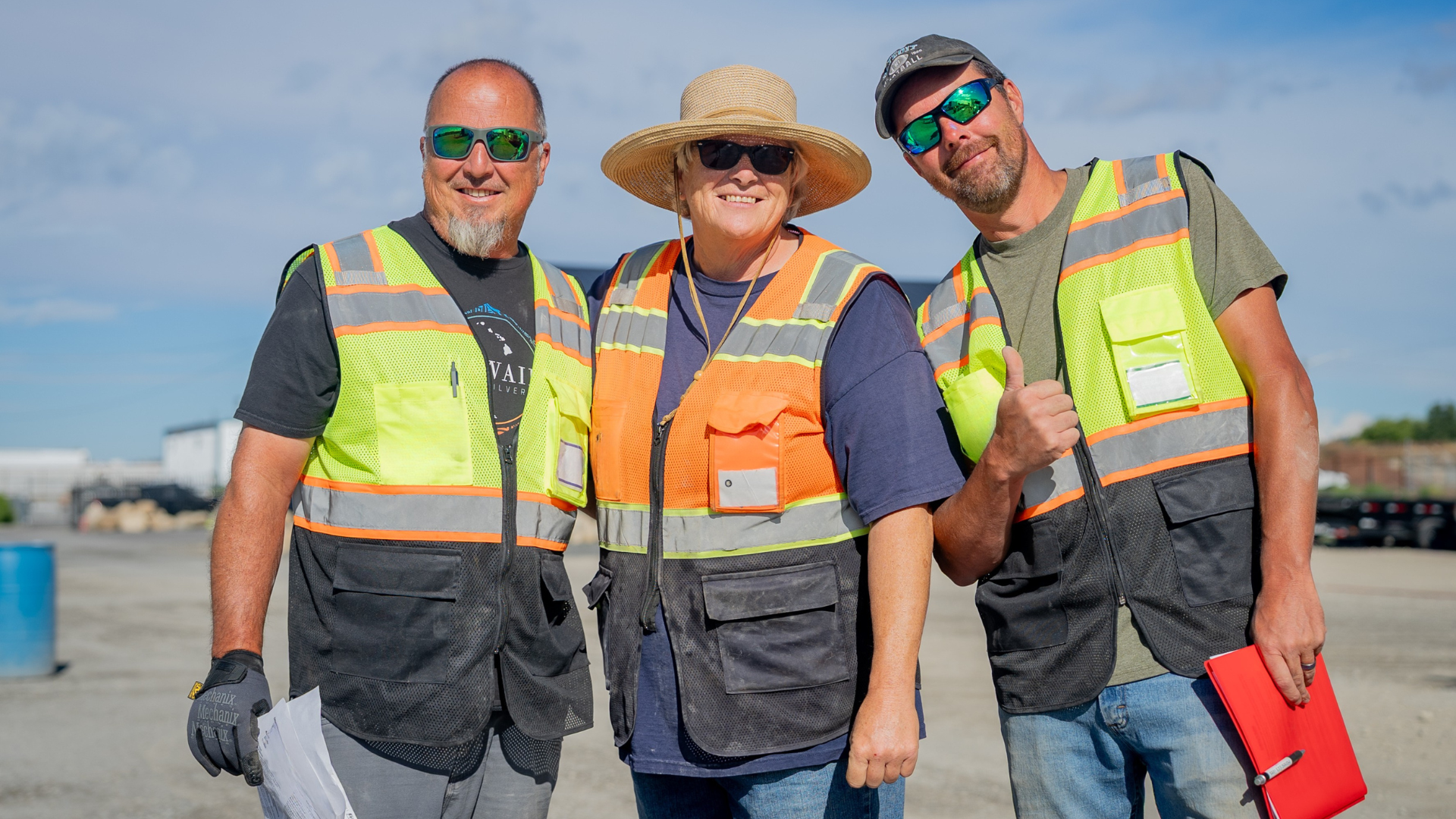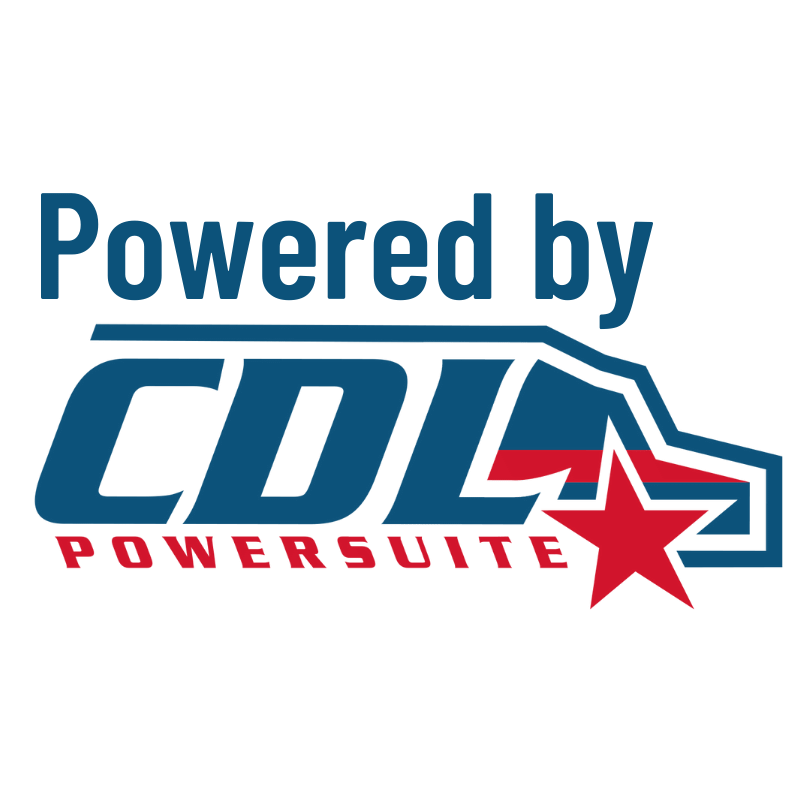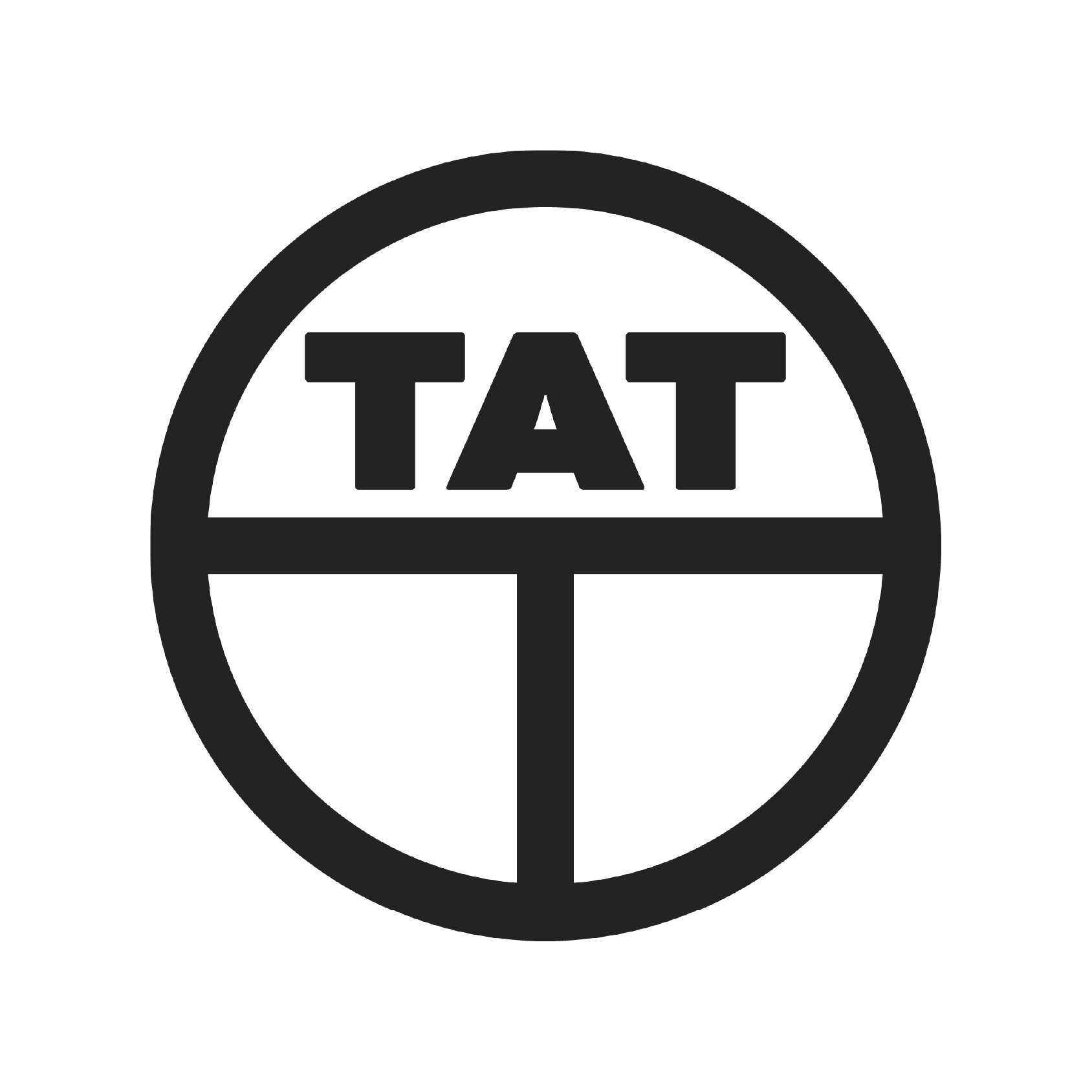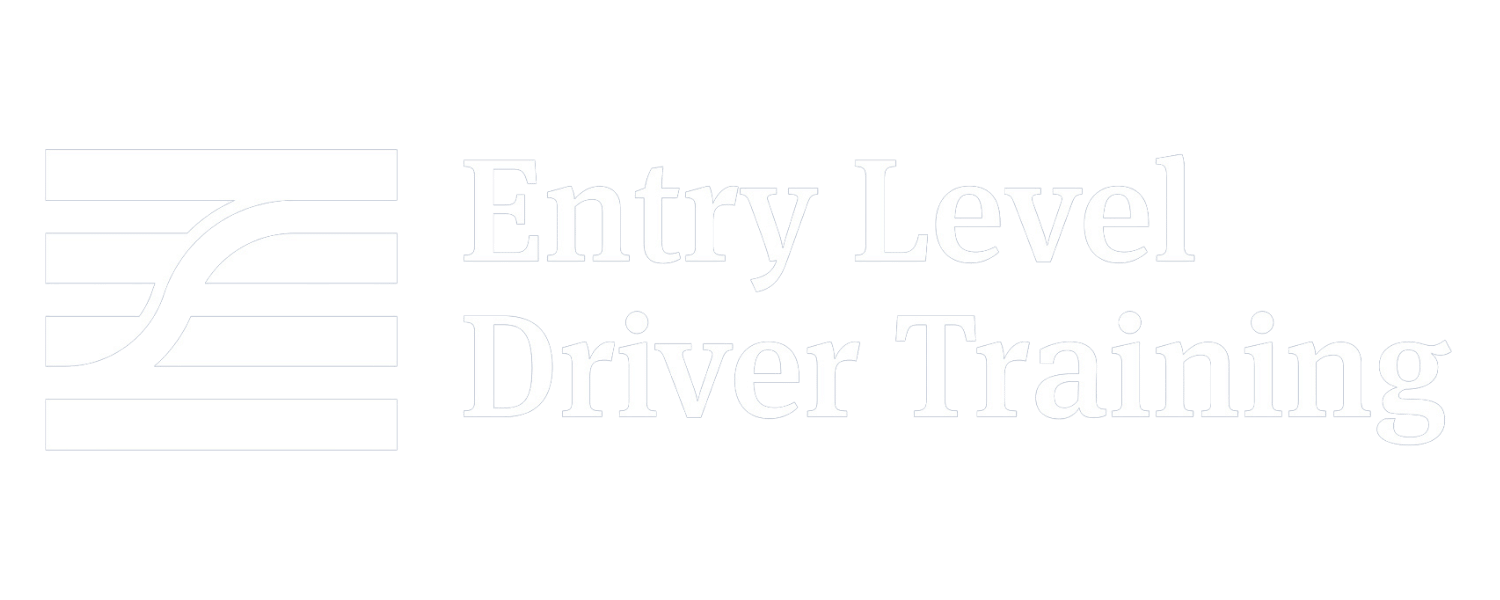The CDL training costs represent a significant investment, but it's an investment in a stable, high-demand career. The total CDL license cost varies widely, ranging from $3,000 to over $10,000, depending on your chosen school, license class, and endorsements.
This guide provides a detailed, transparent breakdown of all potential expenses, helping you
understand how much CDL training costs so you can plan your budget and explore financing options accordingly.
1. CDL Tuition Breakdown- Which Option is Right For You?
When it comes to earning your CDL, training costs and program structures can vary widely depending on the type of school you choose. Here’s a breakdown of the most common CDL training paths, their average tuition, and what to expect from each option.
Community colleges and technical schools are often the most affordable route to earning your CDL. One of the biggest advantages of this option is that many community colleges accept federal financial aid, including FAFSA and Pell Grants, which can make training more accessible for students who qualify.
In addition to CDL training, these programs may also include extra coursework in safety, employability, and transportation basics, giving students a well-rounded education.
The tradeoff is that the timeline is longer compared to private schools or company programs, so it may take a bit more time to get on the road.
CDL schools are designed for students who want to move quickly into trucking. These programs offer accelerated training, often completed in just a few weeks, with a curriculum focused almost entirely on CDL testing requirements and hands-on driving.
Unlike community colleges, they don’t usually include extra coursework, which means students can complete training and get on the road faster. Many CDL schools also partner with carriers to provide job placement assistance after graduation, a major benefit for new drivers entering the industry. While the upfront cost can be higher, the shorter timeline and career connections make CDL schools a popular choice for those who want to start driving quickly.
Company-sponsored CDL training is a great option for students who want to avoid paying tuition out of pocket. In these programs, a trucking carrier covers the cost of training, and students are guaranteed a driving job with that company after graduation.
The tradeoff is that students must sign a contract commitment, usually lasting 6–12 months, during which they agree to work for the sponsoring carrier. While the program is often advertised as “free,” students should be aware that leaving early may result in repayment of tuition or other deductions. Some carriers also charge for housing, meals, or additional expenses, which may be deducted from paychecks. For students who want a guaranteed job and minimal upfront costs, company-sponsored training can be an excellent pathway, though it offers less flexibility compared to community colleges or independent CDL schools.
Factors Influencing Tuition Costs:
- License Class: Class A CDL training costs are typically higher than Class B CDL training due to the added complexity of combination vehicles and the required Combination Vehicles Test.
- Program Length & Hours: Programs that offer more hands-on driving hours and longer duration will charge a higher tuition fee.
- Location: Training costs vary significantly by state and region due to local economic factors and demand.
2. Initial Pre-Training Expenses
These are the non-tuition, out-of-pocket fees you must pay before or during the start of your training.
DOT Physical Exam:
$50 – $150
- This exam is required every two years to ensure you meet federal health standards for operating a CMV.
Drug Screening:
$30 – $100
- This is often bundled with the physical, but sometimes charged separately.
CDL Permit Application:
$10 – $90
- This fee varies widely by state and covers the processing fee for your Commercial Learner's Permit (CLP) application.
Permit Knowledge Tests:
$10 – $50
- The cost for these exams varies by state; some charge per test attempt (General Knowledge, Air Brakes, etc.).
ELDT Theory Course:
$50 – $400
- This is the cost of your FMCSA-compliant online theory training, which is a mandatory prerequisite for the final skills test.
3. Testing & Licensing Fees
These fees are paid directly to the state DMV or a third-party examiner and are necessary to be issued your final CDL license.
CDL Skills Test Fee:
$50 – $300
- This is the fee paid to the state for the final three-part exam (Pre-Trip Inspection, Basic Controls, and Road Test). Note that if a CDL school provides the testing vehicle and acts as a third-party examiner, they may charge a separate truck rental/testing package fee, which can be an additional $150 – $400.
CDL License Issuance Fee: $50 – $175
- The final fee to print and issue your official CDL, which typically varies based on the license term (e.g., 4 or 8 years).
Endorsement Fees:
$5 – $100 per endorsement
- Small additional fees for specific endorsements (Hazmat, Tanker, Doubles/Triples, etc.). Hazmat requires an additional TSA background check (approx. $80–$100).
Strategies for Reducing Your CDL Training Costs
Don't let the initial CDL cost deter you. There are numerous avenues available to significantly reduce or eliminate your out-of-pocket expenses:
Company Sponsorship & Reimbursement:
Many large carriers or employers offer sponsorship programs, paying your tuition upfront in exchange for a contract committing you to drive for them for a set period (e.g., one year). Alternatively, tuition reimbursement programs pay you back for your costs in monthly installments after you are hired.

Government Grants:
The Workforce Innovation and Opportunity Act (WIOA) provides federal financial aid and grants for job seekers, dislocated workers, and those who meet income requirements, often covering the entire training cost. Additionally, check with your state's Department of Labor for specific state-funded grants, scholarships, or retraining programs. Contact your local American Job Center for eligibility.

Federal Student Aid (FAFSA):
If you attend an accredited community college or technical school, your CDL training may qualify for the Federal Pell Grant (which does not need to be repaid) or federal student loans by filling out the FAFSA.

Military Benefits:
Veterans are often eligible to use their Post 9/11 GI Bill® or Vocational Rehabilitation (Voc Rehab) benefits to cover tuition and, in some cases, receive a housing stipend while training.

Making a Smart Investment in Your CDL Career
Remember, the lowest sticker price isn't always the best option. Since you are investing in a career skill, be sure to compare training length, reviews, and price carefully. Thoroughly research the quality of instruction, the truck-to-student ratio, and the job placement assistance offered by any school you consider. Making an informed choice ensures you get the best value and are fully prepared to launch your professional driving career.







